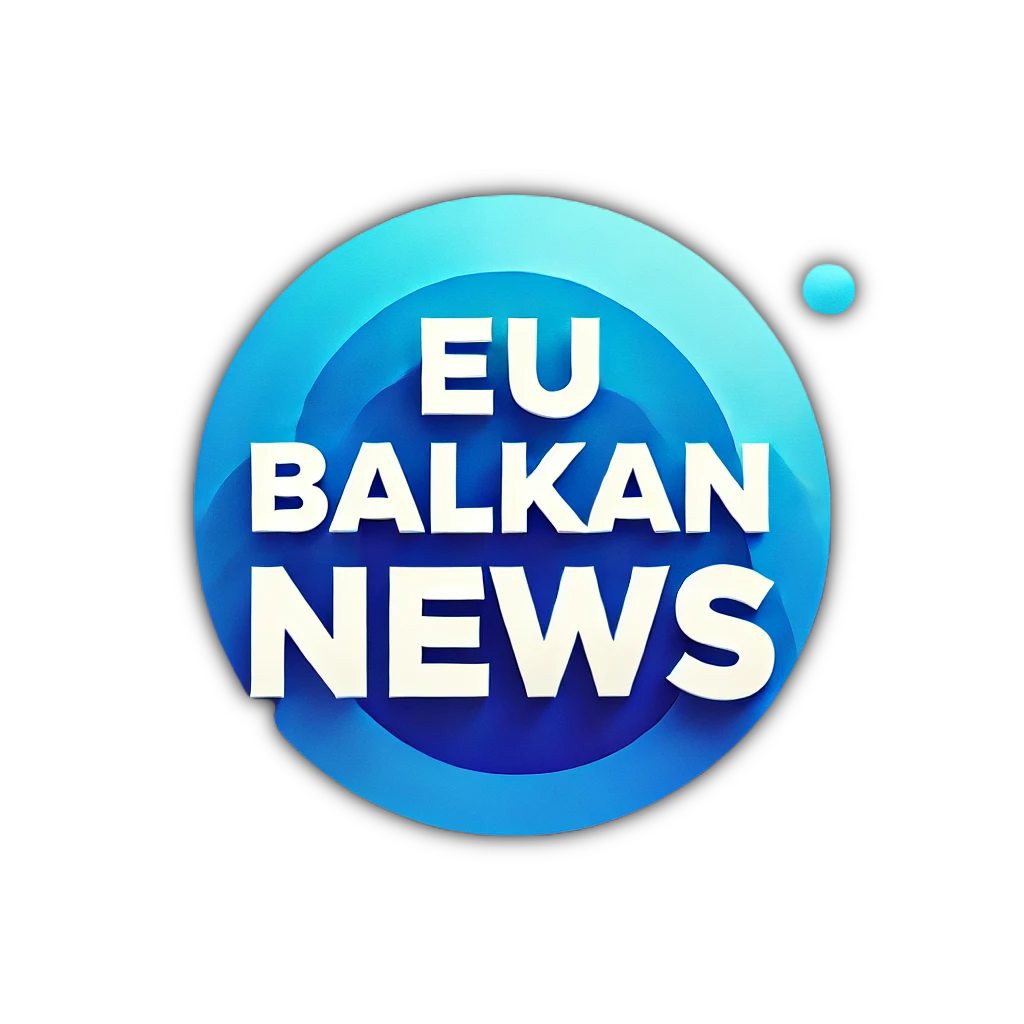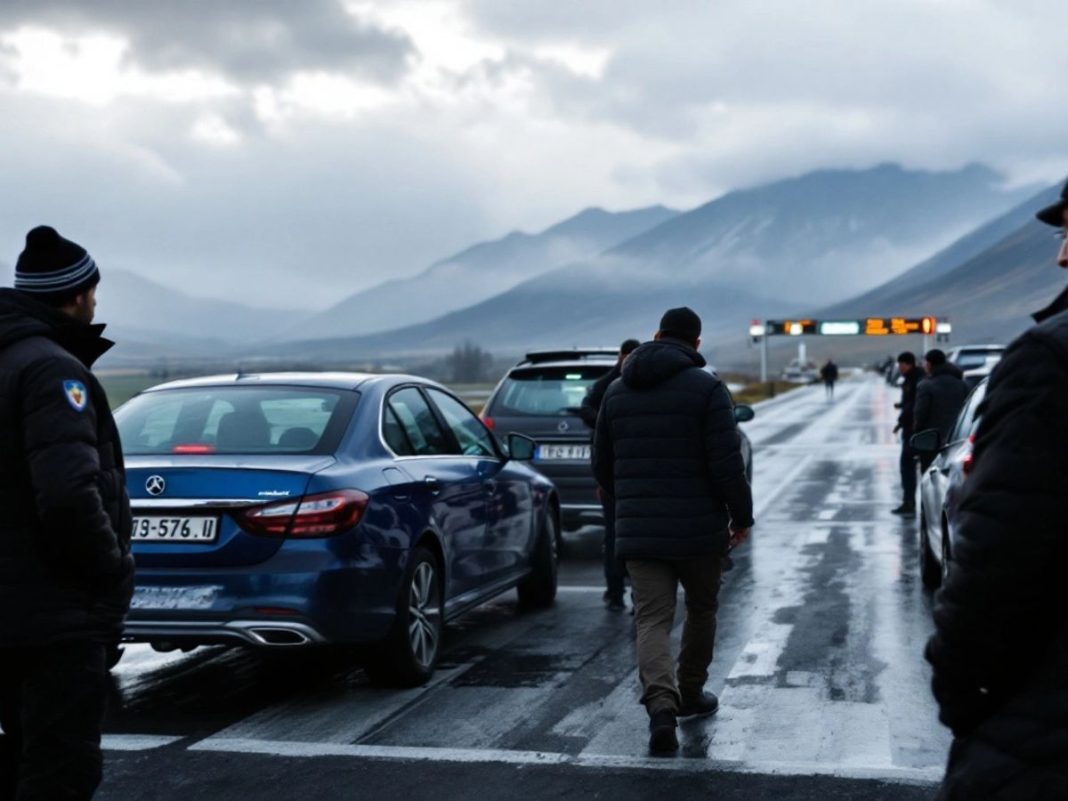The ongoing dispute over license plates in Kosovo has intensified as authorities implement a ban on vehicles displaying abbreviations for Kosovar cities. This decision has reignited tensions between Kosovo and Serbia, raising concerns about the potential for further conflict in the region.
Key Takeaways
- Kosovo has banned cars with city abbreviations from its license plates.
- The move is seen as a response to ongoing tensions with Serbia.
- This issue has historical roots, reflecting deeper ethnic and political divisions.
Background
The license-plate issue between Kosovo and Serbia has been a longstanding point of contention. Following Kosovo’s declaration of independence in 2008, Serbia has refused to recognize it, leading to various disputes, including those related to vehicle registration.
In recent years, the situation has escalated, with both sides taking measures that have further strained relations. The latest ban on Kosovar city abbreviations is viewed as a provocative step by Kosovo’s government, which aims to assert its sovereignty.
The Ban Explained
The new regulation prohibits vehicles from displaying license plates that include abbreviations for cities such as "PR" for Pristina or "GJ" for Gjakova. This decision is part of a broader effort to standardize license plates and eliminate symbols that are seen as representing Kosovo’s independence.
- Affected Abbreviations:
- PR (Pristina)
- GJ (Gjakova)
- Other Kosovar city abbreviations
Reactions
The ban has drawn mixed reactions from various stakeholders:
- Kosovo Government: Supports the ban as a necessary step for national identity.
- Serbian Authorities: Condemn the move, viewing it as an escalation of tensions.
- International Community: Calls for dialogue and a peaceful resolution to the dispute.
Historical Context
The license-plate issue is emblematic of the broader ethnic and political divisions in the Balkans. Since the 1990s, the region has experienced significant turmoil, including the Kosovo War, which has left deep scars in the collective memory of its people.
- Key Events:
- 1998-1999: Kosovo War
- 2008: Kosovo declares independence
- Ongoing disputes over recognition and sovereignty
Potential Consequences
The implementation of this ban could have several implications:
- Increased Tensions: The ban may provoke further unrest and protests in both Kosovo and Serbia.
- Impact on Daily Life: Citizens may face challenges in vehicle registration and travel across borders.
- International Relations: The situation could complicate Kosovo’s efforts to gain wider international recognition.
Conclusion
As the license-plate issue flares up once again, the potential for conflict remains a pressing concern. Both Kosovo and Serbia must navigate this sensitive situation carefully to avoid further escalation and to foster a climate of dialogue and understanding. The international community’s role will be crucial in mediating this dispute and promoting peace in the region.
Sources
- Kosovo License-Plate Issue Flares Up Again With Ban On Cars With Kosovar City Abbreviation, Radio Free Europe/Radio Liberty.
- Kosovo License-Plate Issue Flares Up Again With Ban On Cars With Kosovar City Abbreviation, Radio Free Europe/Radio Liberty.

